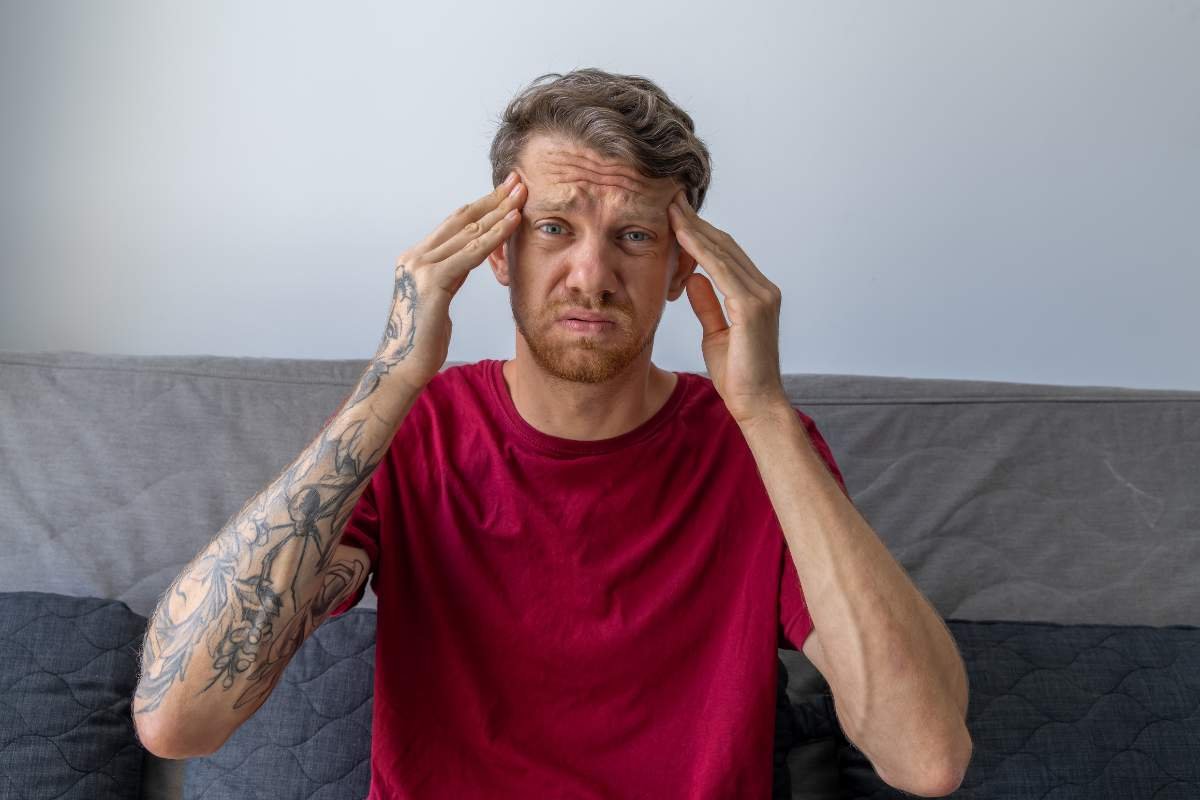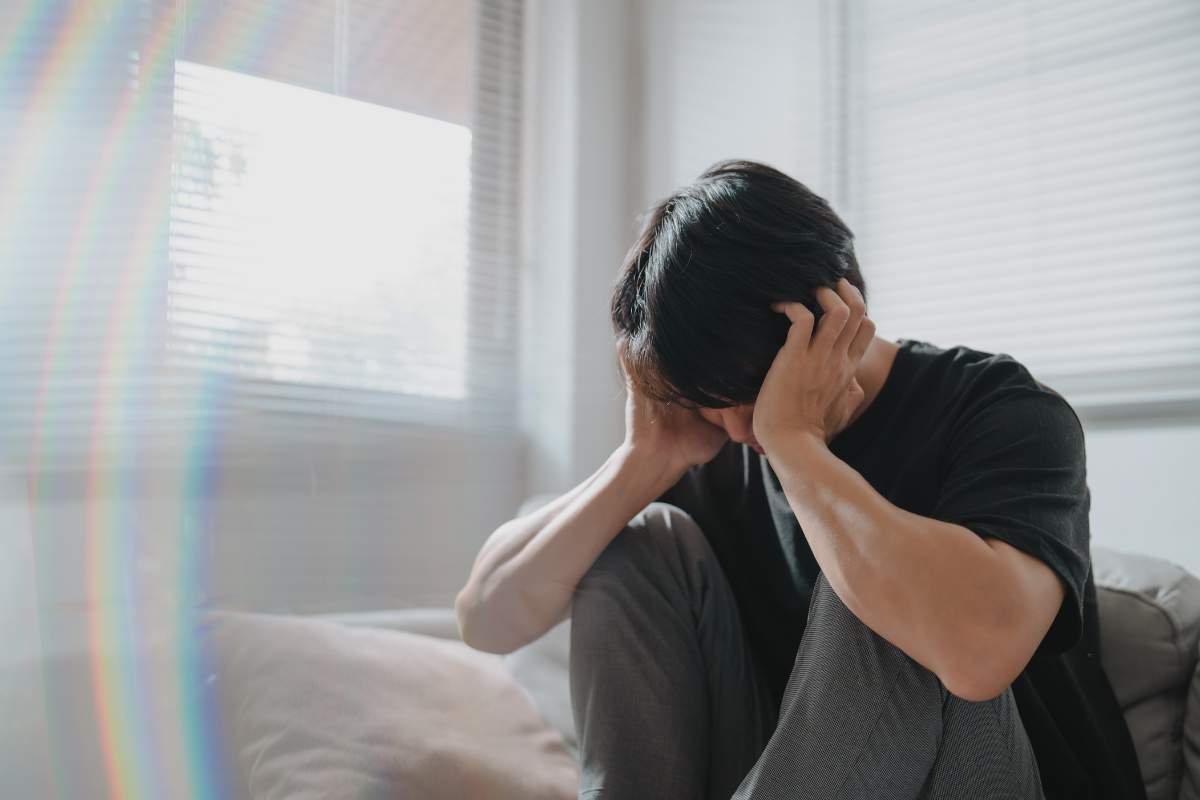It is a natural desire to just escape from bottled-up responsibilities, feelings, and the fear of living up to expectations. The constant urge to run away from things makes us question reality. We are constantly judged for the things that we do, and it makes us search for the purpose of living. Not completing our regular tasks and the fear of repercussions may just look like everyday problems, but they stem from mental illness that is misunderstood as carelessness by many. ADHD and Anxiety are the root causes of those overwhelming feelings. Diagnosed with ADHD and Anxiety can make our lives chaotic, eventually making us find comfort in the void of loneliness and isolation.
In this article, we will discuss the relationship between ADHD and Anxiety, the rooted symptoms, and the importance of mental health.
ADHD & Anxiety

The relationship between ADHD and Anxiety may look similar as the latter is the common symptom of the former.
Before diving deep into the subject, let us understand ADHD and Anxiety.
What is ADHD?
Attention Deficit Hyperactivity Disorder (ADHD) is one of the common neurodevelopmental disorders that starts in childhood and can get carried into adulthood. This condition can affect a person’s ability to concentrate and can cause behavioral issues. ADHD can be noticed at an early stage in childhood, and in some cases, it is diagnosed in adulthood.
Symptoms of ADHD
- Hyperactivity
- Lack of attention
- Lack of impulse control
- Interrupting conversations
- Difficulty in organizing things
There are three main types of ADHD, and they are:
- Predominantly inattentive presentation: People with inattentive presentations often have difficulty concentrating, organizing, and completing daily tasks. They show fewer signs of hyperactivity or impulsive symptoms.
- Predominantly hyperactive/impulsive presentation: People with hyperactive or impulsive presentations often show signs of restlessness. They constantly fidget with the things around them, are extremely talkative, showcase excess energy, and find difficulties in completing tasks. Being impulsive means they often interrupt others while talking, are impatient, and make impulsive decisions.
- Combined Presentation: In this presentation, people often showcase combined symptoms of hyperactive/impulsive and inattentive presentations. These symptoms are common among people regardless of the condition, but they are more severe for people diagnosed with ADHD.
What is Anxiety?

Anxiety is a type of mental health condition that has a severe effect on an individual. People often conclude by saying it’s just about being anxious. Anxiety can be serious and has a long-lasting effect on individuals. People with anxiety disorders often experience feelings like worry, fear, and extremely detached behaviors in normal scenarios. It can be caused due to past experiences.
Symptoms of Anxiety
- Feeling weak or tired
- Extreme Sweating
- Increased heart rate
- Feeling a sense of danger
- Feeling nervous and restless
Anxiety Disorders
Anxiety is the core symptom of many mental health conditions and disorders.
Some of them are:
- Post-Traumatic Stress Disorder (PTSD): PTSD is a mental condition that is caused due to experiencing a traumatic event. A traumatic event may hamper the physical and emotional well-being of an individual and has a long-lasting effect. A traumatic event may arise due to various experiences like major accidents, physical and sexual abuse, and war.
- Generalized Anxiety Disorder (GAD): This is one of the most commonly experienced disorders. An individual might feel constant worry, nervousness, and fear about daily tasks like job-related responsibilities, health, or chores.
- Social and Separation Anxiety Disorders: Social anxiety disorder occurs when an individual is constantly worried about interacting with the crowd and being judged negatively. Coming to separation anxiety occurs when an individual is away from their loved ones.
The Relationship Between ADHD and Anxiety
The relationship between ADHD and anxiety is interconnected due to shared symptoms like restlessness, panic, and excessive feelings of overwhelm. A person with ADHD finds it difficult to finish daily tasks, and that builds up anxiety for not meeting the deadline. People diagnosed with ADHD are vulnerable to anxiety disorders. Shared symptoms of ADHD and anxiety are difficulty in concentration, restlessness, irritability, and sleeping disorders.
The Combined Aftermath
The relationship between ADHD and anxiety can have a significant impact on an individual’s life. The aftermath can disrupt daily schedules and relationships.
Some of the major issues associated with them are:
- Difficulty Maintaining Relationships: The relationship individuals have with their loved ones can get strained due to the nature of impulsiveness, irritability, and social anxiety. They find it difficult to find the balance in their relationships.
- Personal and Professional Lives: The shared symptom of lack of concentration affects the personal and professional lives of individuals. They find it difficult to stay focused and finish tasks related to the workplace or daily chores.
- Substance Abuse: During the hard times, individuals look for substitutes to run away from the issues. One of the most common and dangerous ways is substance abuse. They usually consume alcohol and depressants to escape from reality.
Treatment of ADHD and Anxiety

Both conditions affect the well-being of individuals. They can be addressed with the help of the right methods. ADHD can be foreshadowed by anxiety, and it is important to identify the symptoms before making any decision.
Individuals can consider the following methods:
- Psychotherapy: To address ADHD and anxiety, one of the best ways is to attend therapy sessions. Therapy sessions are the process of interacting with trained professionals to discuss mental health issues. It is a safe platform for individuals to express their thoughts, feelings, and emotions.
- Medication: Medication is often prescribed for individuals dealing with the combined condition. The meds usually calm the brain and improve the efficiency of functioning. It is important to consult trained professionals as they offer proper guidance based on the type of issue.
- Group Sessions: Group sessions are one of the most effective methods to deal with ADHD and anxiety. These sessions provide a safe space for individuals with common mental conditions to express their feelings and emotions freely without any kind of judgment.
Conclusion
The mental health of an individual can be affected by various reasons. Disorders like ADHD and anxiety may seem unaffecting but can have a significant impact on one’s life. The relationship between ADHD and anxiety is similar due to the common symptoms like lack of concentration, restlessness, and hyperactivity. It is important to acknowledge and identify these symptoms. Understanding the symptoms will help individuals improve their life cycles. These can be diagnosed with the help of psychotherapy and medication.










